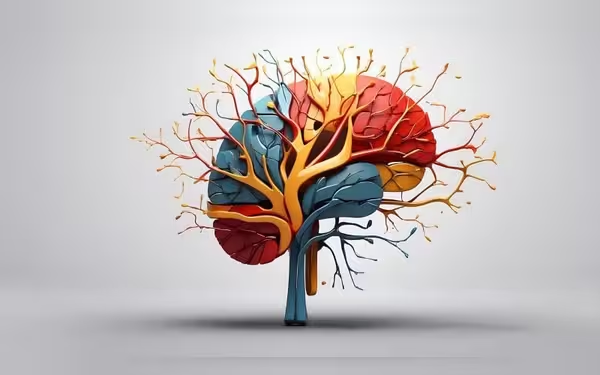Saturday, November 16, 2024 07:43 PM
Memory Functions Discovered in Non-Brain Cells
- Memory functions extend beyond the brain.
- Non-brain cells exhibit memory responses.
- New research may transform memory treatment approaches.
 Image Credits: tribune.com.pk
Image Credits: tribune.com.pkScientists discover memory functions in non-brain cells, challenging traditional views on memory and opening new treatment avenues.
Recent advancements in the field of neuroscience have unveiled a groundbreaking discovery: memory functions are not solely confined to the brain. A new study has revealed that non-brain cells also play a significant role in memory and connection. This revelation challenges the long-held belief that memory is exclusively a function of neurons in the brain.
The study demonstrated that when chemical pulses were used to mimic the brain’s neurotransmitter bursts, these non-brain cells exhibited memory responses that were strikingly similar to those of neurons. This finding suggests that the mechanisms of memory might be more universal than previously thought, extending beyond the confines of the brain.
Traditionally, scientists have focused on the brain as the central hub for memory and learning. However, this new research indicates that other cells in the body may also contribute to how we remember and connect experiences. This could open up new avenues for understanding memory-related disorders and developing innovative treatments.
Moreover, the implications of this discovery are vast. If memory functions are indeed present in non-brain cells, it could lead to a reevaluation of how we approach learning and memory retention. For instance, it may encourage researchers to explore therapies that target these non-brain cells, potentially leading to breakthroughs in treating conditions such as Alzheimer’s disease or other cognitive impairments.
The idea that memory is not just a brain function but a more widespread cellular phenomenon is both exciting and thought-provoking. As science continues to unravel the complexities of memory, we may find ourselves on the brink of a new understanding of how we learn and remember. This discovery not only enriches our knowledge but also inspires hope for future advancements in medical science, paving the way for innovative treatments that could enhance the quality of life for many.













